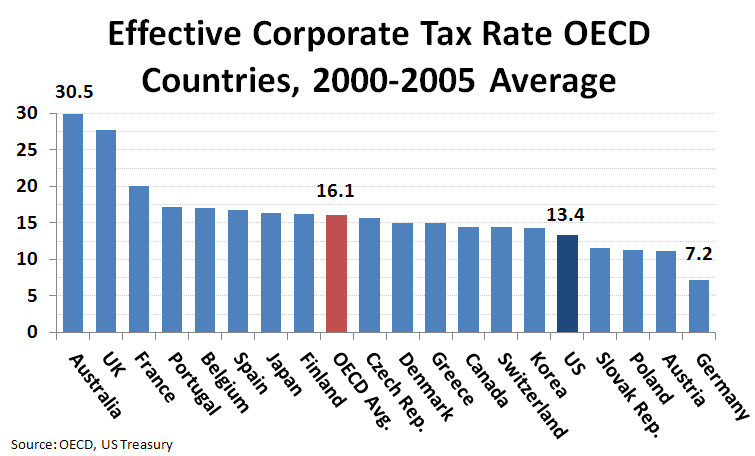Slyhunter
Gold Member
- Jun 4, 2014
- 11,041
- 1,682
But WE, US citizens, don't want them to leave their money overseas. WE want them to bring that money here and create jobs here. How do we get what we want? By giving them what they want in order to get them to bring their money here.Then they leave that money overseas. It's their choice.And if they don't wish to bring the money back to the US because the taxes are too high for them to do it?I didn't say they shouldn't. What I did say is that they should pay the taxes on profit they wish to bring back into the U.S., per current U.S. tax laws.It's not about teaching them a lesson. It's about paying taxes. If they bring their money back here, they pay the taxes on that money. No one else gets a break on their taxes where they can avoid paying much of the taxes they owe. Neither should anyone doing business overseas.Well you're sure teaching those rich people a lesson. In the mean time they just keep the money over seas. You're showing them though, keep up the good work.
Just a thought though. Maybe you're paying too much or too little in taxes? I mean if you think you deserve 50% or whatever amount of their money to go to the government how much of yours should go there? Are you willing to match what they pay?
Why shouldn't an American company build and sell their products in a foreign country?

